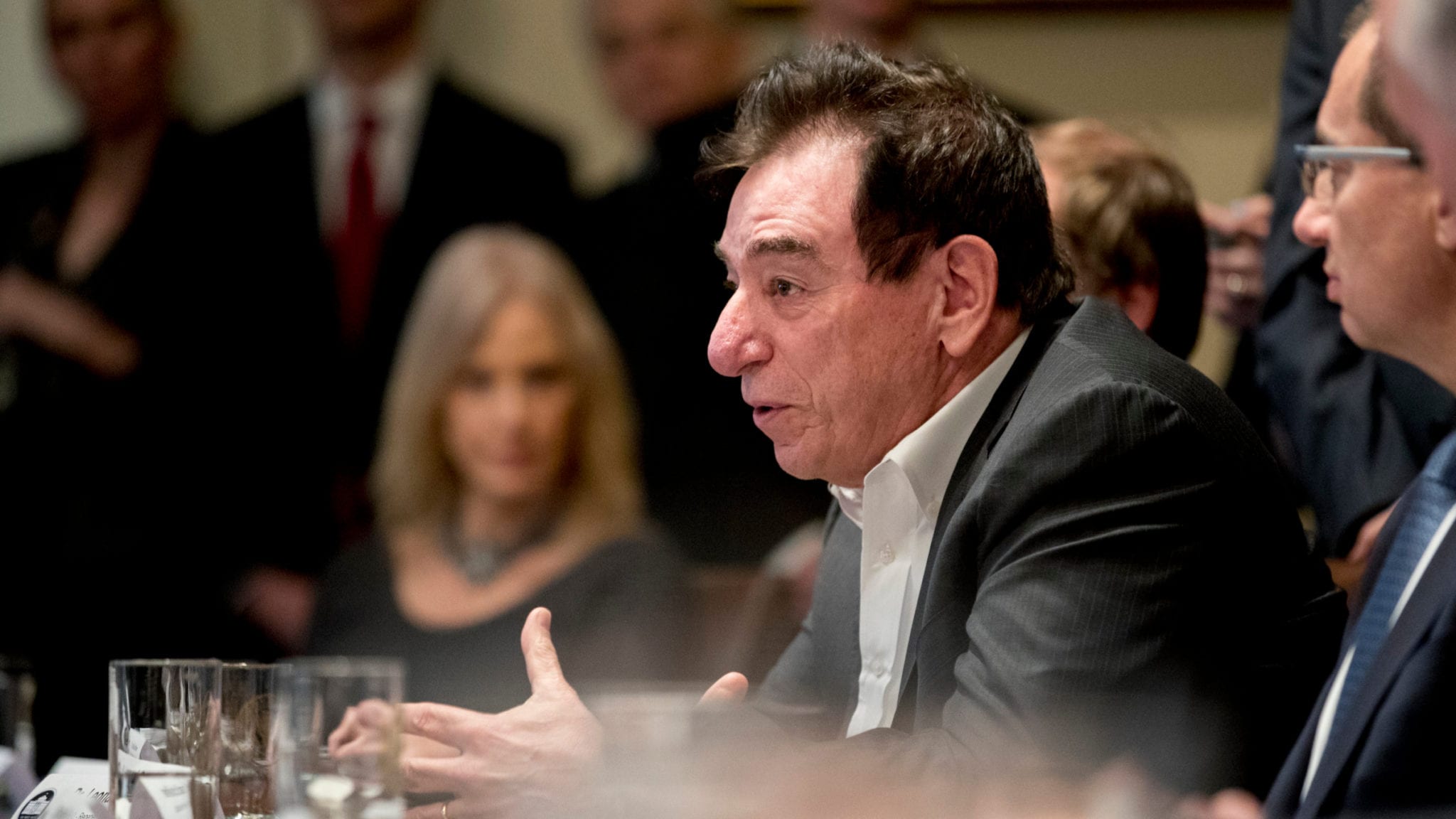
Leonard Schleifer, Regeneron CEO (Andrew Harnik/AP)
Trailing Eli Lilly by 12 days, Regeneron gets the FDA OK for their Covid-19 antibody cocktail
A month and a half after becoming the experimental treatment of choice for a newly diagnosed president, Regeneron’s antibody cocktail has received emergency use …
Sign up to read this article for free.
Get free access to a limited number of articles, plus choose newsletters to get straight to your inbox.